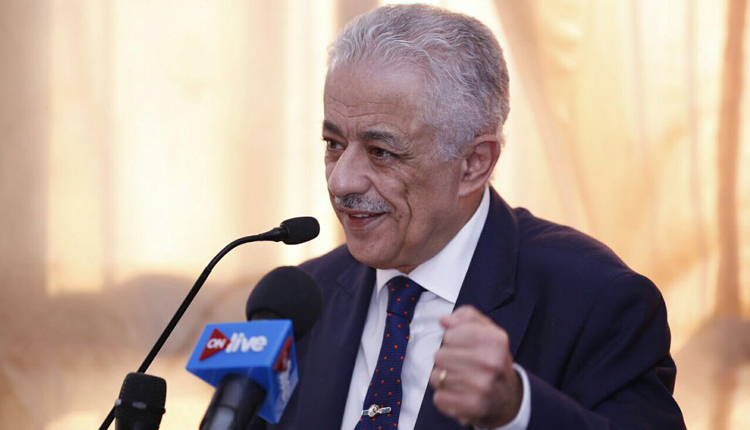Egypt’s Ministry of Education has started the second phase of its project to build 100 Japanese-style state schools, the website of the country’s state television channel reported on Tuesday.
Education Minister Tarek Shawky said in June that 45 of a total of 100 of the schools will open their doors to students in September, after registration opened in July.
The second phase will see the remaining 55 schools constructed in time for the 2019/2020 school year, the ministry said.
The new schools will teach the same Arabic-language curriculum as other state schools, while adopting in addition the Japanese “whole child education” system known as Tokkatsu.
Tokkatsu’s course of study focuses on achieving a balanced development of intellect, virtue and body by ensuring academic competence, rich emotions and healthy physical development.
The project was agreed on during Egyptian President Abdel Fattah al-Sisi’s visit to Japan in February 2016. Under a cooperation protocol signed between Egypt and Japan in 2017, Japan is providing the necessary technical support for the project.
Observers, teachers and parents argue that Egypt’s education system is in need of a massive overhaul. Critics say that the system, which is based on rote learning, does not give students the necessary practical skills, leaving them unqualified for college and hindering their transition to the workplace.
The ministry says the new schools will focus on enhancing children’s personalities, rather than scientific content, by introducing a special system that is meant to improve students’ cognitive skills and behaviour while encouraging innovation and creativity.
The fees for the Japanese schools will be around 10,000 Egyptian pounds ($560) per year, as opposed to fees of around $4 to $6 per year at the least expensive state-run schools, which are mostly attended by students from low-income families.
A new administrative capital Egypt is building east of Cairo will house three of these schools, the ministry said.
The schools were scheduled to open last year before the education ministry postponed studies to be better prepared and ensure a sufficient level of quality and selection criteria, the ministry said at the time.
Source: Ahram Online
